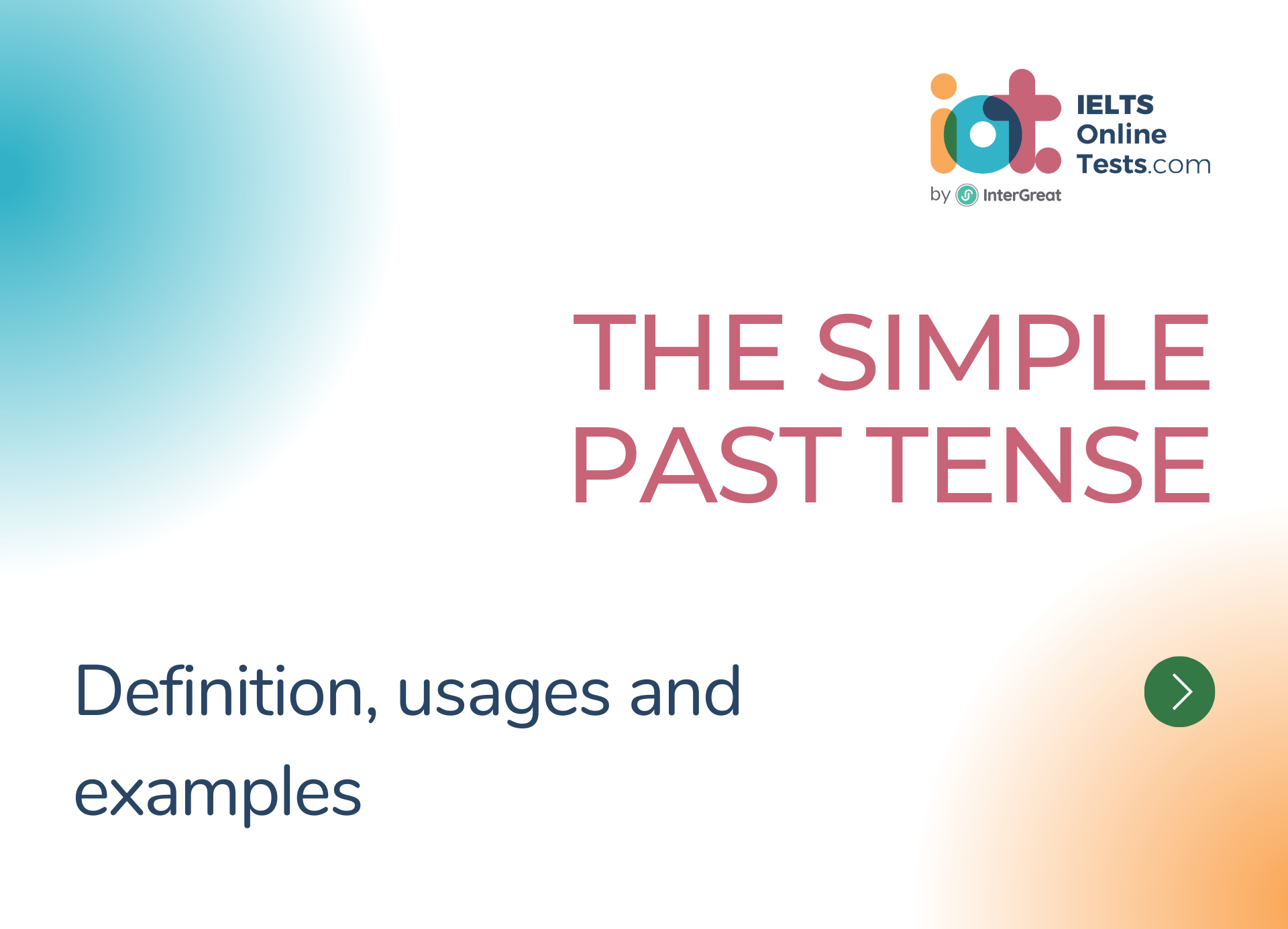
The simple past tense
The simple past tense is used to describe completed actions or events that occurred at a specific time in the past. It indicates that the action is finished and no longer happening.
Here's a detailed explanation of the simple past tense:
Formation of the Simple Past Tense:
- For regular verbs, the simple past tense is formed by adding "-ed" to the base form of the verb.
- Example:
- "She walked to the store."
- However, irregular verbs have unique past tense forms that do not follow a consistent pattern.
Usage of the Simple Past Tense:
- Describing past actions or events:
- Example: "He ate lunch an hour ago."
- Referring to a specific time or duration in the past:
- Example: "They lived in that house for ten years."
- Narrating a story or historical event:
- Example: "Once upon a time, there was a brave knight."
- Expressing past habits or states:
- Example: "When I was young, I played the piano."
- Describing past actions or events:
Examples of the Simple Past Tense:
- "They studied hard for the exam."
- "She traveled to Europe last summer."
- "We watched a movie last night."
- "He wrote a letter to his friend."
- "The team won the championship."
Time Expressions Used with the Simple Past Tense:
- Time expressions such as yesterday, last week, in 1999, two hours ago, when I was a child, etc., are commonly used with the simple past tense to specify the time or duration of the action.
- Example:
- "I visited my grandparents last weekend."
Negative and Interrogative Forms:
- To form negative sentences, use the auxiliary verb "did" + "not" + base form of the verb.
- Example:
- "She did not go to the party."
- Example:
- For interrogative sentences, invert the subject and the auxiliary verb "did."
- Example:
- "Did you finish your homework?"
- Example:
- To form negative sentences, use the auxiliary verb "did" + "not" + base form of the verb.
The simple past tense allows us to talk about past actions, events, or states. It is commonly used in storytelling, recounting personal experiences, or discussing historical events. By using this tense correctly, we can clearly convey information about past actions that are no longer happening in English.




